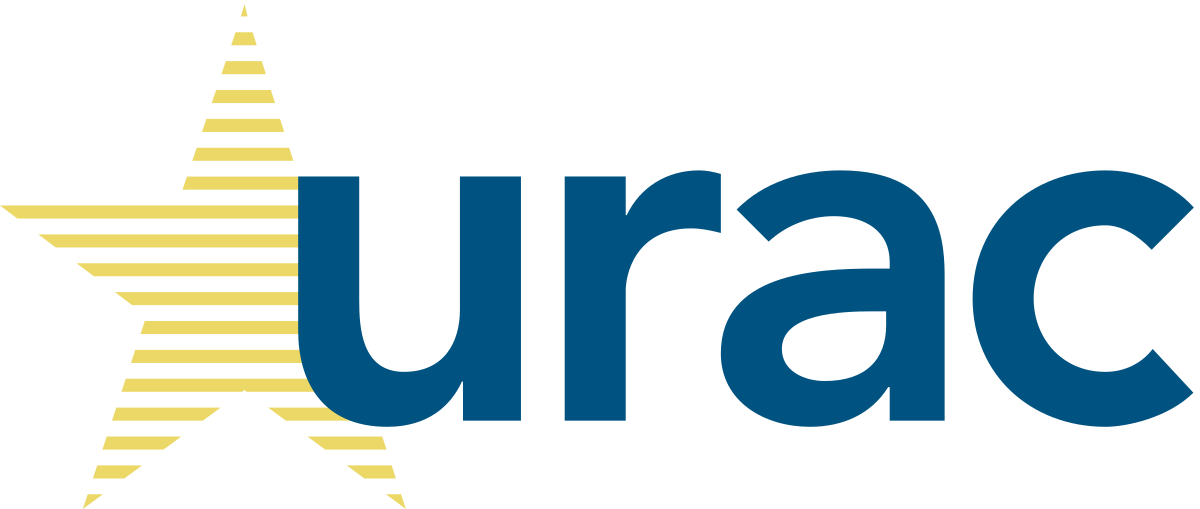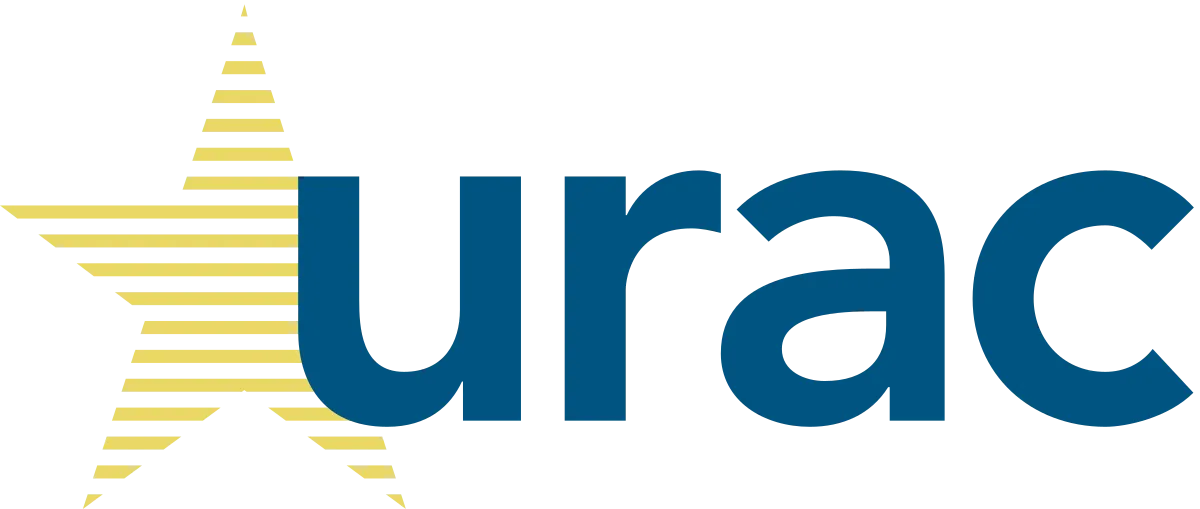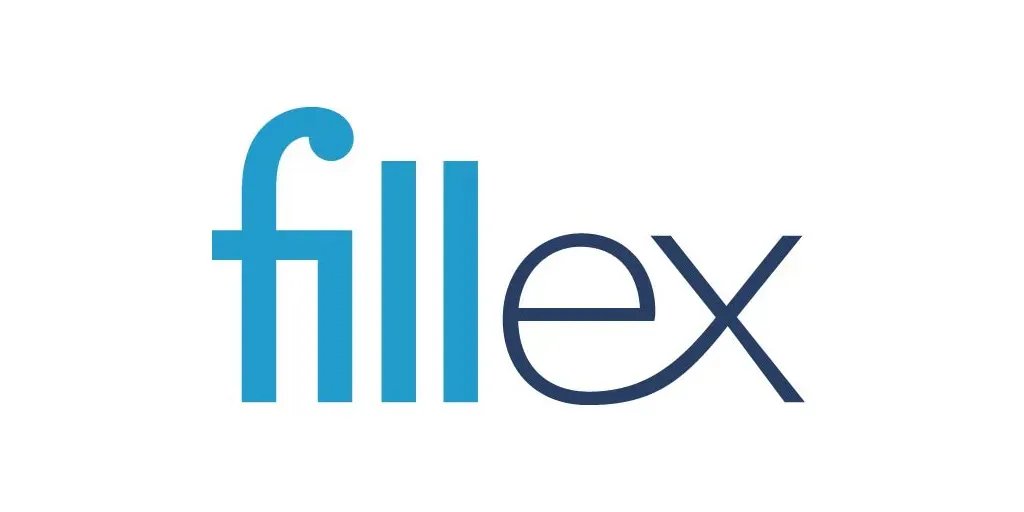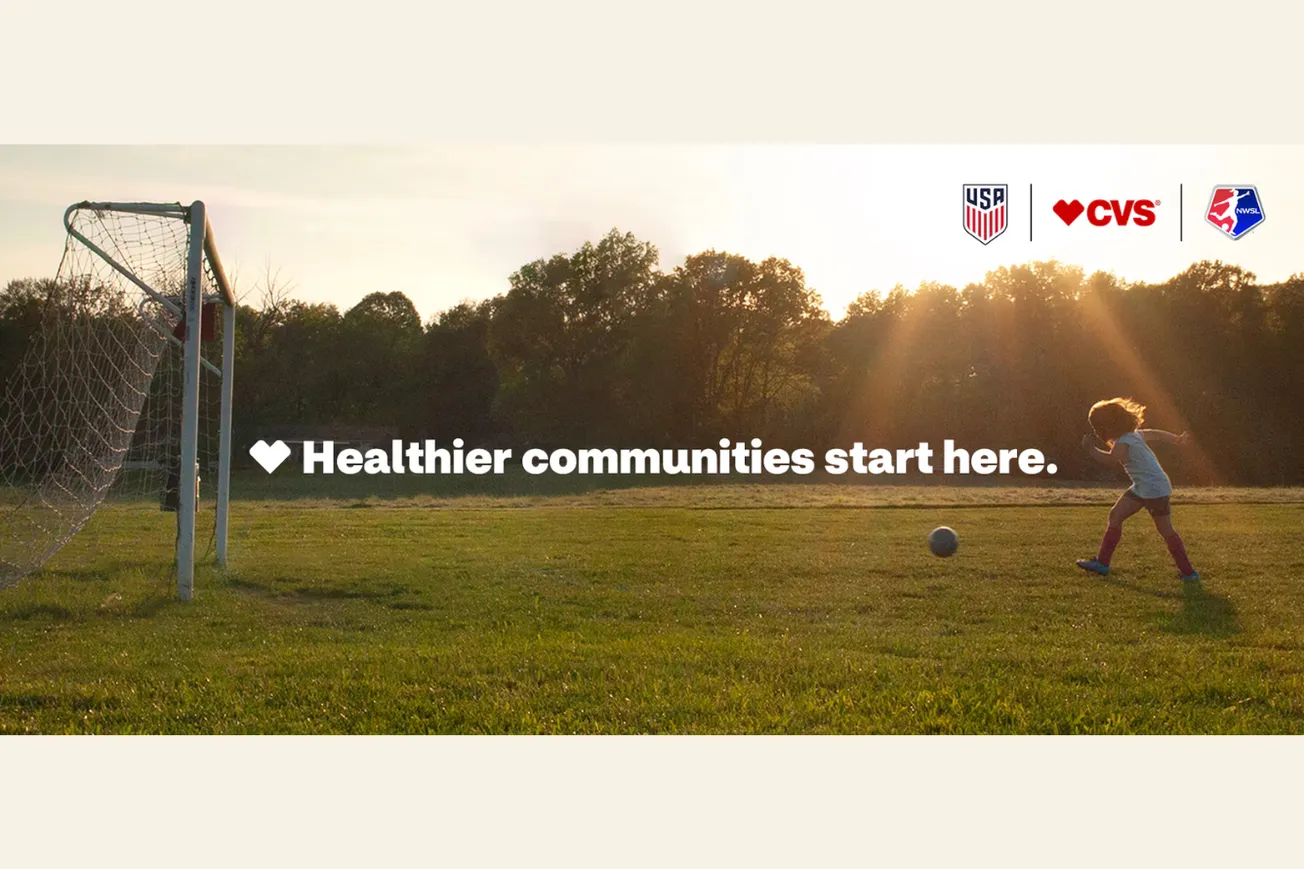WASHINGTON — URAC, the nation’s largest independent health care accreditation organization, today launched a health equity program that will showcase organizations’ commitment to health equity and addressing health care disparities within the communities they serve. This accreditation, created in collaboration with the National Minority Quality Forum (NMQF) and a highly diverse panel of experts, is broadly applicable to any organization providing health care services.

While 75% of nearly 200 leaders in health care reported viewing health equity as extremely important and mission-critical, only 7-10% reported having a formal roadmap and providing culturally and linguistically appropriate, person-centered care, according to a survey by Vantage Health Technologies.
“The COVID-19 pandemic underscored a critical need to address health care disparities and improve health outcomes for historically marginalized groups,” said Shawn Griffin, MD, President and CEO of URAC. “Quality health care must be equitable and address systemic obstacles. As health equity continues to evolve, we must transform the lens through which organizations evaluate and commit to health equity principles. NMQF’s expertise, along with the diverse group of industry leaders we convened, offered tremendous insights throughout the development process of our new accreditation.”
Organizations who seek URAC’s health equity accreditation can demonstrate commitment to driving equitable access to optimal health for all members of the population they serve and consistently improving health care quality and outcomes. The accreditation helps organizations strengthen their Culturally and Linguistically Appropriate Services (CLAS), with specific structures and processes in alignment with national best practice standards. The accreditation provides a framework for reducing health inequities, and accredited organizations can use performance data to convey how they have done so for identified populations.
A wide array of experts helped inform the creation of URAC’s health equity accreditation standards. Throughout the standards development process, URAC collaborated with the NMQF – a non-profit organization that sponsors impactful initiatives to control health outcomes and eliminate health disparities – and convened an expert advisory council whose insights shaped the program. URAC’s Health Equity Council is diverse across various dimensions, including race and ethnicity, gender sexual orientation and professional background. The Council is comprised of 25 members from various disciplines, including leaders from the Blue Cross Blue Shield Association, the American Hospital Association, the Alliance for Aging Research and the U.S. Office of Personnel Management. Consultations with other industry experts and relevant literature also contributed to the accreditation’s development.
This accreditation is based on health equity standards, acknowledging that health outcomes are shaped both within and beyond health care by elements such as social and economic circumstances, environment, health behaviors, genetics and health care access. Social determinants of health can play a major role in driving health disparities, or inequitable and often preventable differences in health outcomes and care access that are rooted in economic, social, political and environmental impact. URAC’s new accreditation centers on the following standards: promoting integration of health equity principles; supporting industry initiatives to eliminate health disparities; and ensuring that high-risk racial and ethnic populations, as well as people with disabilities, receive optimal health care.
The accreditation’s three focus areas include Organizational Commitment, Program Plan and Equitable Services and Support. In total, the process takes six months and includes an internal scoring method for participating organizations to gauge their progress in health equity. Eligible corporations must provide health care or care management services in the U.S., have licenses in good standing, integrate health equity principles and self-monitor to assure quality and improvement.







